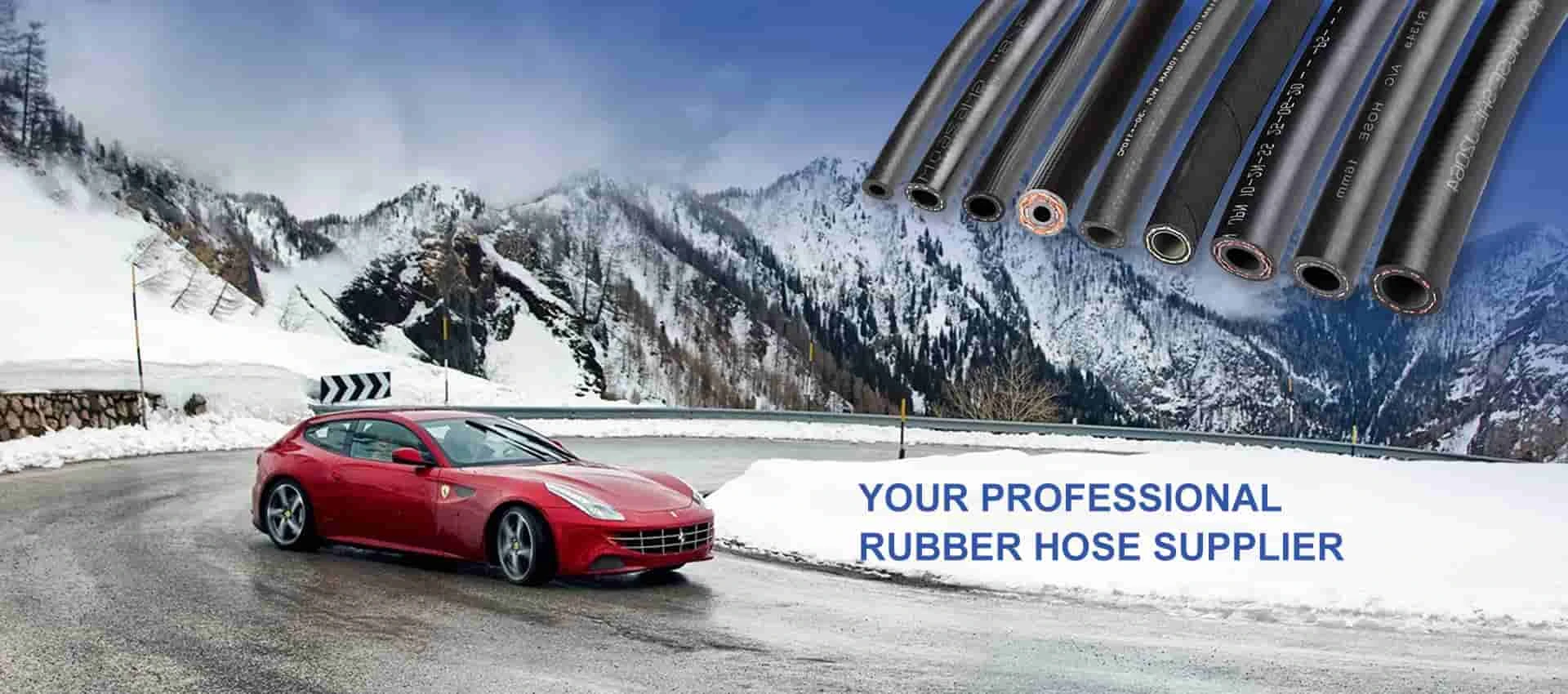Alternative Fuel Transfer Hoses for Efficient and Safe Refueling Solutions
Nov . 10, 2024 13:12 Back to list
Alternative Fuel Transfer Hoses for Efficient and Safe Refueling Solutions
The Evolution and Importance of Gasoline Hoses in the Automotive Industry
In the ever-evolving world of automotive technology, gasoline hoses play a crucial yet often overlooked role. These hoses form an essential part of a vehicle's fuel delivery system, responsible for transporting gasoline from the fuel tank to the engine. Understanding the significance of gasoline hoses is vital for both automotive enthusiasts and everyday drivers who rely on their vehicles for daily commuting.
What Are Gasoline Hoses?
Gasoline hoses, specifically designed for fuel delivery, are flexible tubes that must withstand various environmental factors, including heat, pressure, and exposure to harsh chemicals. These hoses are typically constructed from materials such as rubber or synthetic compounds that can endure the corrosive nature of gasoline while maintaining structural integrity. The design of gasoline hoses has evolved over the years to prioritize durability, safety, and performance efficiency.
The Functionality of Gasoline Hoses
The primary function of a gasoline hose is to facilitate the movement of fuel from the tank to the engine. This process is critical for the vehicle’s operation, as the fuel is necessary for combustion, which powers the engine. The vehicle's fuel pump generates pressure that pushes the gasoline through the hoses, delivering it precisely where it is needed. Any leaks or failures in these hoses can lead to severe complications, including engine performance issues or even fire hazards.
Innovation and Safety Standards
As the automotive industry has advanced, so too have the materials and technologies used in gasoline hose production
. Modern hoses often feature reinforced layers to enhance resistance to high pressures and temperatures. Moreover, they are designed to meet stringent safety standards and regulations, ensuring they can safeguard against leaks that may result from wear and tear over time. This focus on safety is critical, given the volatile nature of gasoline and its potential environmental impact.gasoline hose

In recent years, manufacturers have also prioritized the reduction of fuel vapor emissions from gasoline hoses. Vapor recovery systems have been integrated into the design of fuel lines, helping to minimize the release of harmful fumes into the atmosphere. This innovation not only protects the environment but also enhances the overall fuel efficiency of vehicles.
Maintenance and Replacement
Like all components of a vehicle, gasoline hoses require regular maintenance. Over time, exposure to heat, sunlight, and the corrosive properties of fuel can degrade hoses, leading to cracks or leaks. It is imperative for vehicle owners to periodically inspect these components, particularly for older vehicles. Signs of wear may include fuel odors, fuel stains, or visible cracks in the hose surface.
Replacing a worn or malfunctioning gasoline hose is not just a matter of performance; it is also a matter of safety. Failure to address issues with gasoline hoses can result in dangerous situations, including fuel spills or engine damage. Routine maintenance checks by a certified mechanic can help ensure that all parts of a vehicle, including gasoline hoses, are operating efficiently and safely.
The Future of Gasoline Hoses
As the automotive industry shifts towards alternative fuel sources, including electric vehicles and hydrogen-powered cars, the role of gasoline hoses may change. However, for the foreseeable future, gasoline remains a primary fuel source for many vehicles on the road. Consequently, the demand for high-quality gasoline hoses is likely to continue as long as combustion engines are in use.
In conclusion, gasoline hoses are a vital component in the automotive sector, ensuring the efficient and safe delivery of fuel to engines. As technology progresses, so will the materials and designs used in these hoses, continually enhancing performance and safety. For vehicle owners and enthusiasts, recognizing the importance of gasoline hoses is essential for maintaining the health of their vehicles and ensuring a safe driving experience.
